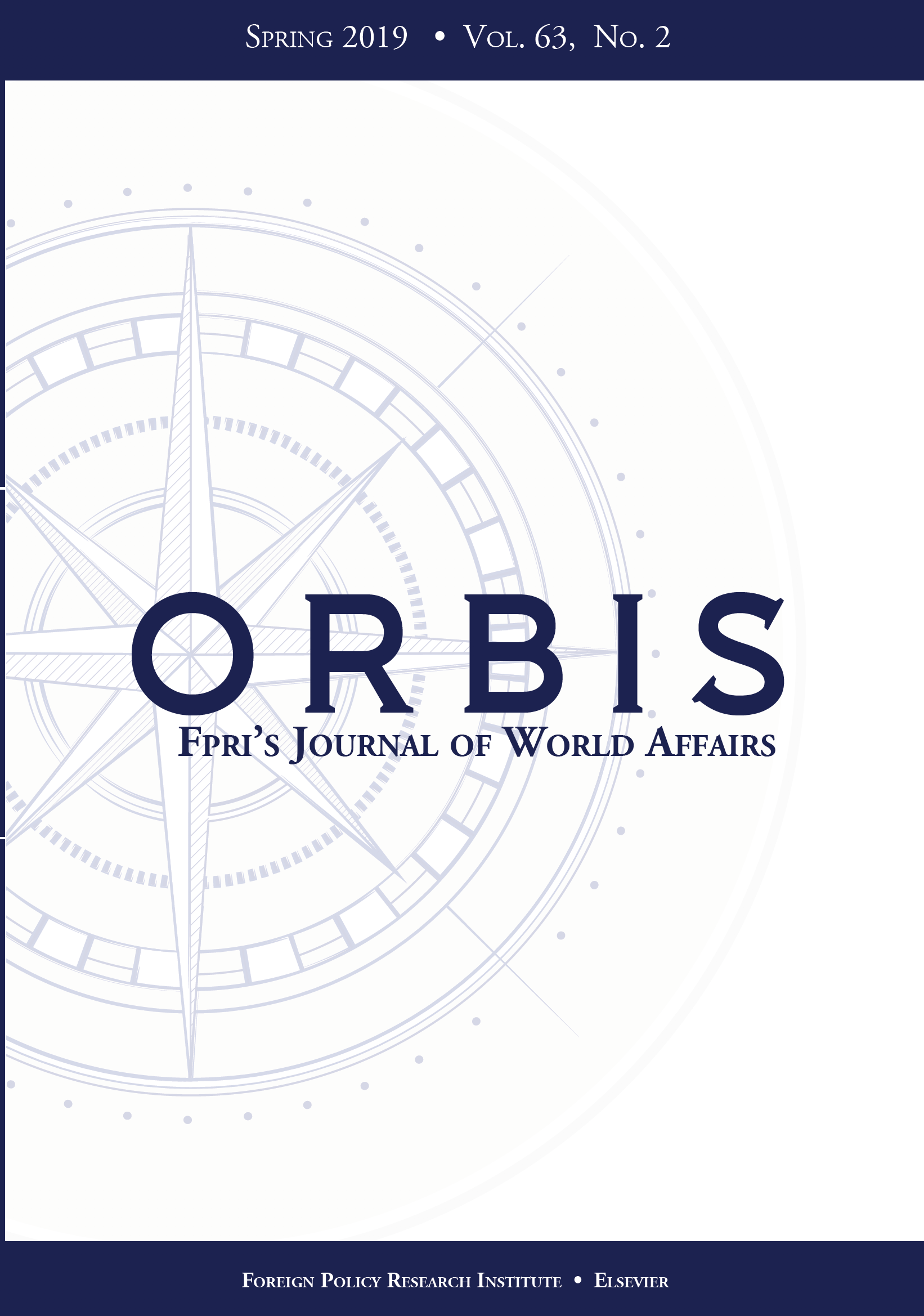A nation must think before it acts.
Whether one approves of President Donald Trump or not, he seems to understand intuitively that America’s relationship with the rest of the world must be renegotiated because geopolitical circumstances have changed. The liberal world order that the United States has underwritten since the end of World War II has become more costly to maintain as the relative power of the United States has declined.
There is a precedent from which the United States can learn: that of Great Britain at the end of the nineteenth century. Having prevented a general European war since the defeat of Napoleon in 1815, Britain’s hegemonic position had become more expensive as its relative share of the global wealth declined. Britain had benefited economically from free trade at a time when most states in the international system pursued mercantilist economic policies. This economic benefit created a comparative advantage that helped offset the cost of subsidizing peace in the international order. Although Britain was the primary bill payer for maintaining a free trading system, it was also the primary beneficiary of such a system. But Britain’s failure to adapt placed her at a disadvantage vis-á-vis Germany, helping to bring about World War I.
One who recognized that British policy needed to adapt to changing geopolitical circumstances was Sir Halford Mackinder, the “father of geopolitics,” who articulated his argument in a short pamphlet published in 1906, “Money-Power and Man-Power,” a defense of tariffs. In this issue of Orbis, we are pleased to reprint Mackinder’s pamphlet with an introduction and commentary by two of the most astute students of geopolitics, Len Hochberg and Geoff Sloan. They argue that Mackinder’s reflections here have applicability to the situation that faces the United States today.
In this pamphlet, Mackinder made three main points. First, having a preponderance of naval power not only served to maintain the national security of an insular maritime power during war, but also enabled such a power, while at peace, to secure and retain access to markets for exports. Second, he argued that the effective exercise of military power required substantial and ever-increasing wealth. In the realm of the economic activity, too, relative decline was apparent.
Third, Mackinder recommended that Britain jettison its overwhelming concern for money-power as the basis of international power and seek to enhance its man-power, i.e., “the laboring and fighting power of the country.” In this context, while the economic disruptions brought about by free trade potentially enhanced the money-power of a nation, the deleterious consequences of such disruptions for workers undermined the nation’s man-power.
This issue of Orbis also features two articles on China and one on Taiwan. First, Joshua Fowler looks at China’s overarching economic strategy in East Africa, focusing on Sino-African trade and infrastructure investment, specifically the Addis Ababa-Djibouti Railway and the Damerjog Port-Ogaden Basin gas pipeline projects. Second, Michael Clarke explores the development and application of China’s information warfare (IW) strategy to the South China Sea and the threat of Uyghur terrorism in Xinjiang. He argues that the first demonstrates that China believes that IW is applicable across the peacetime-crisis-war spectrum, while the second illustrates how its “three warfares” in Xinjiang blur the lines between “national security” and “regime security.”
Alain Guilloux traces the evolution of Taiwan’s use of its humanitarian “space” as an instrument of “soft power. He contends that Taiwan’s improved Humanitarian Assistance/ Disaster Relief capabilities and civilian-military coordination have implications for both regional security and U.S. policy towards Taiwan.
This issue then offers two articles on grand strategy. Joseph Roger Clark demonstrates how Russia, a revisionist, if not a revanchist, nation-state, seeks to challenge the post-World War II institutionalized rules-based international order, underwritten by the United States and its allies. While Russia desires to reclaim great power status and to dominate the regions near its borders, it lacks the strength to do so in a direct manner. Accordingly, it has devised a strategy to achieve this goal indirectly.
Joel R. Hillison examines the evolution of the Trump administration’s “America First” foreign policy from its predecessors’ globally focused grand strategy towards one more akin to selective engagement. He does so by scrutinizing the administration’s strategic documents such as the 2017 National Security Strategy and the 2018 National Defense Strategy, as well as speeches and actual policies. He argues that the Trump administration is embracing a zero-sum approach to grand strategy and analyzes both the benefits and risks of such an approach.
In our penultimate article, Matthew Rose examines the issue of “commanding spies,” something that has vexed historians and commanders alike. Much of the problem involves the difference between the requirements of policymakers, the military, and the spies themselves, as well as the intelligence demands of commanders at the tactical, operational, and strategic levels of war.
Finally, to commemorate the U.S. recognition of the Peoples’ Republic of China (PRC) four decades ago (January 1979), we reprint an Orbis article by the late William Kintner, former president of FPRI, examining the strategic consequences of President Jimmy Carter’s decision. Kintner presciently concluded that this diplomatic step would usher in a period of intensified world turmoil, by in effect creating a three-way strategic competition.
In our book review section, Georgetown University’s Paul Miller writes a thought-provoking essay on Yoram Hazony’s The Virtue of Nationalism and Jason M. Kelly, from the U.S. Naval War College, critiques Sulmaan Wasif Khan’s Haunted by Chaos: China’s Grand Strategy from Mao Zedong to Xi Jinping.
Notes of Interest
The journal staff is delighted to report that FPRI’s Journal of World Affairs is now a peer-reviewed journal. We believe that peer-reviewed status will increase our visibility and offer a way to have our articles cited more often. We also hope many young scholars will submit their best work to Orbis on their way to tenure. Erratum. In our Fall 2018 journal, an early draft of Dr. Montgomery McFate’s article was published, which lacked her final revisions. For the final article, please visit the electronic version at Science Direct.com.




